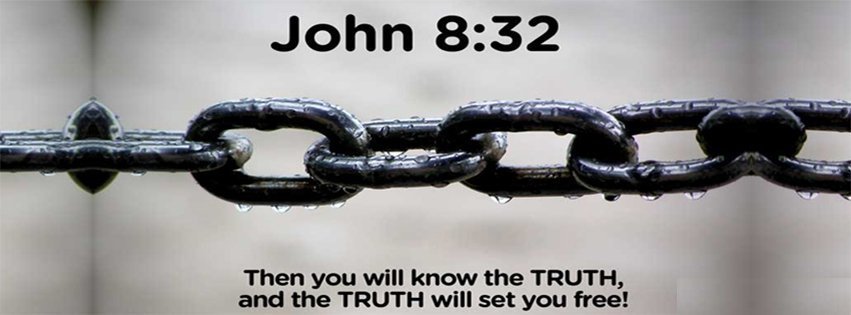Arminians are Calvinists and Calvinists are pantheists. This may come as a shock to you but based on two articles that were shared recently the vast majority of Western Christians are really pagans they just don’t know it. Earlier this week Scot Mcknight shared an article on Calvinism stating that, “when you confuse Providence and Determinism, the transcendent gets collapsed into the creation.” and it “…becomes indistinguishable from pantheism…” You can read his full article here. Unfortunately, he made the mistake of suggesting that the church fathers agreed with his position, but he didn’t explain the philosophical underpinnings of their views. This left the door open for Calvinist detractors to critique two popular Arminian systems of thought, Molinism and the Best Possible World theory (BPW) put forth by Gottfried Leibniz, and detract they did! Derek Rishmawy posted an article he had written where he suggested that love was to generic a reason for God to allow suffering. Then two days later he shared an article written by Rev. Dr. Mark Jones titled "Why All Arminians are Calvinists." Dr. Jones supports this claim by giving a brief overview of Molinism and stating that because God, in the Molinist system, made his eternal creative decrees based on his knowledge of future contingencies, specifically knowing who would and would not come to faith, Arminianism is basically an “anonymous” Calvinism. You can read Rishmawy’s article here and “no time for love” Dr. Jones’ article here. I won’t go into all of the details about how misguided their critiques are but in short Rishmawy implies that having a generic reason like love or free will for pain makes suffering pointless, his word not mine, and towards the end of Dr. Jones article he seems to be arguing that Arminians don’t believe in any form of election and if they do they are somehow magically Calvinists.
I can still remember the first few times I tried explaining Molinism and BPW to a new friend of mine who happened to be Eastern Orthodox. I thought the systems were the perfect balance between Arminianism and Calvinism and if only the whole world knew it the Protestant church would be reconciled and it would usher in the second coming. You can imagine my surprise when he replied that it all sounded a little to utilitarian and that he had stopped thinking of God as working in those ways. At first his response frustrated and confused me. It wasn’t until many years later when I read a chapter in “The Brothers Karamazov” titled “Rebellion” that I realized BPW was not a silver bullet theodicy that would bring even the most ardent atheists to faith, and considering it's one of my all time favorite chapters I can't help but include a passage. "Listen! I took the case of children only to make my case clearer. Of the other tears of humanity with which the earth is soaked from its crust to its centre, I will say nothing. I have narrowed my subject on purpose. I am a bug, and I recognise in all humility that I cannot understand why the world is arranged as it is." After Dostoevsky I began reading the works of Gregory Palamas and I realized what my friend had meant about an overly utilitarian ontology. I am not sure about McKnight's particular view of election but Arminianism, Molinism, and Open Theism are not the only options for those rejecting Calvinism. During my own wrestling with these issues I realized something else. The theological trenches between Protestant denominations were dug much deeper than I had first imagined and there’s no silver bullet to solving those dilemmas either. Most people agree that a difference of opinion regarding these issues does not justify institutional division within the church but the longer we go unjustly divided the harder it is for us to repent and admit we’ve been wrong. It’s much easier to spend ever increasing amounts of time and resources devoted to furthering our own tribes and by extension our own theological systems because in the words of Isaac Everrett, “the sword is much lighter than the plow.”

